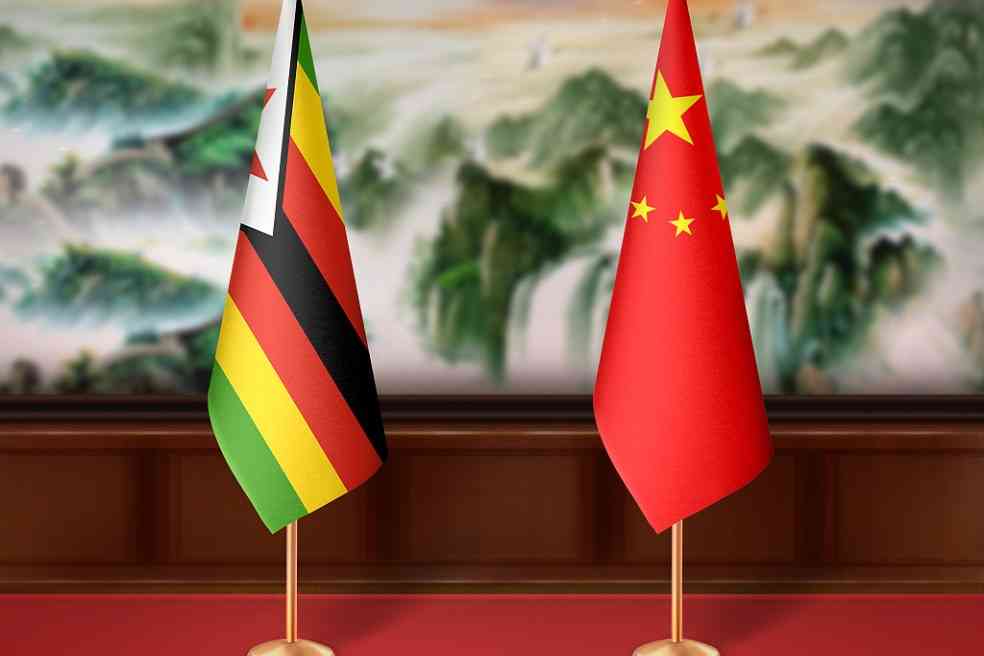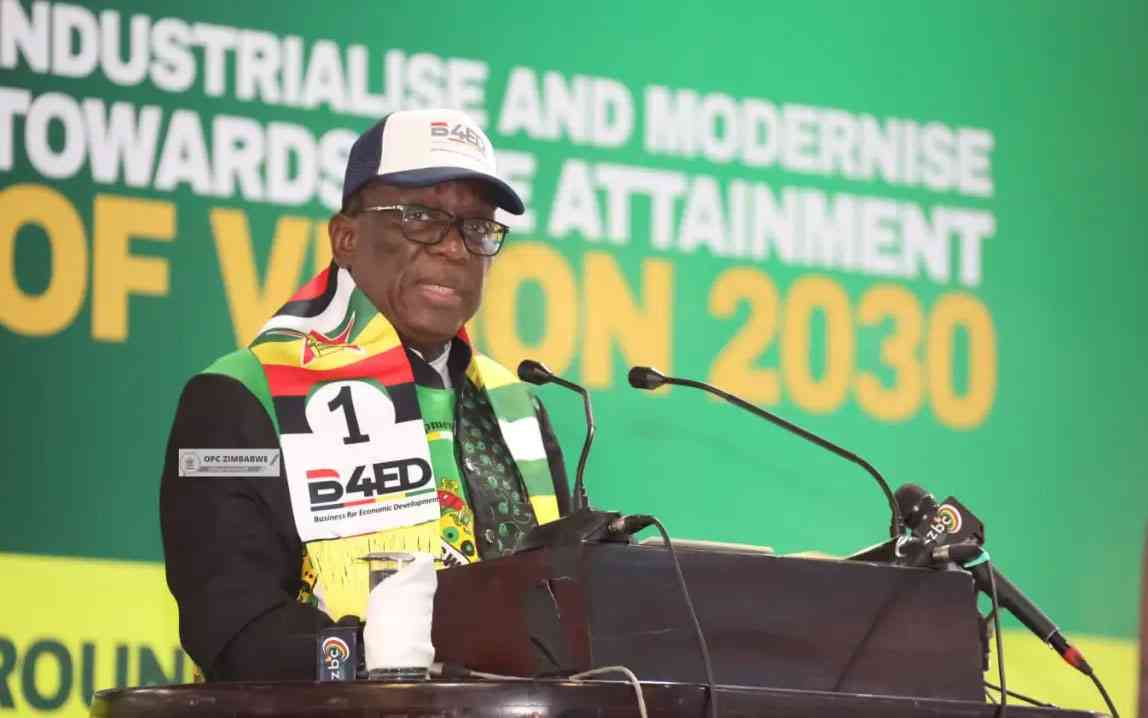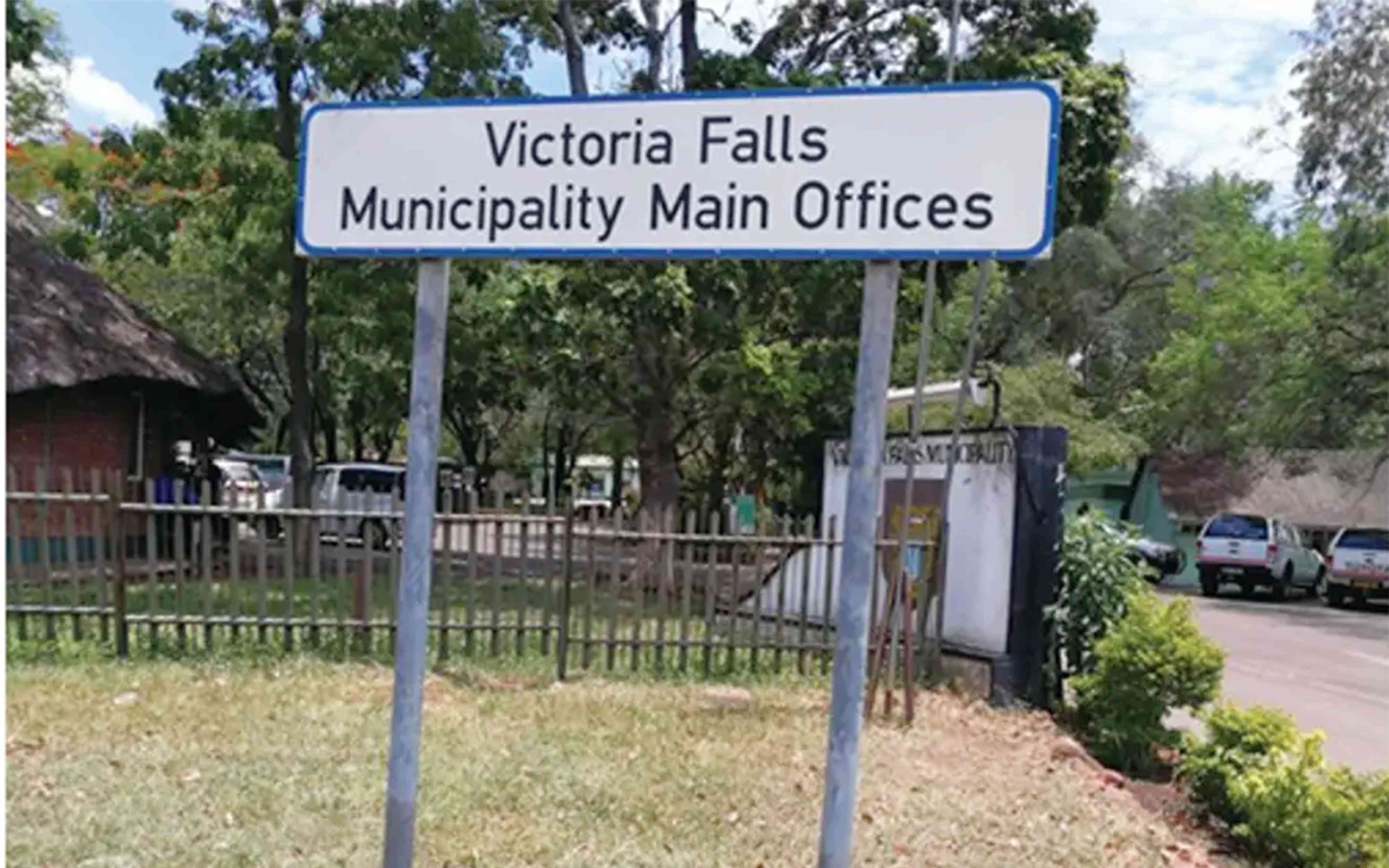
ORGANISED Labour, an alliance representing mainstream trade unions, is calling for an investigation into allegations of widespread corruption, tax evasion and regulatory violations by some Chinese firms operating in Zimbabwe.
Despite a steady rise in Chinese investment, some of these firms have faced criticism for allegedly ignoring local labour laws and evading tax obligations.
Organised Labour comprises several prominent workers’ federations, including the Zimbabwe Federation of Trade Unions (ZFTU) and the Zimbabwe Congress of Trade Unions (ZCTU).
Kenias Shamuyarira, secretary-general of ZFTU and principal of the coalition, told the Zimbabwe Independent that Chinese investments must comply with international standards. Shamuyarira’s remarks come amid mounting reports that Chinese firms are sidestepping tax payments.
"On the issue of corruption in industries, we are very clear because we are the makers of the produce in industries. We know the magnitude that is being realised in production. We know the magnitude that is being gained in terms of sales of the production,” Shamuyarira alleged.
“We know for sure that they (some Chinese firms) are under-taxed. They undervalue tax remittances to the government. Some of the taxes are not even declared to the government. Some of the monies are coming in and going out through illicit financial flows and the business community have made sure that the illicit financial flows have been legalised.”
As a result of tax evasion, Shamuyarira further alleged, “a lot of Chinese” were not banking their funds.
“A lot of Chinese companies do not bank their money. They do not even remit to Nssa (the National Social Security Authority, or the National Aids Council (Nac),” Shamuyarira claimed.
- Mavhunga puts DeMbare into Chibuku quarterfinals
- Bulls to charge into Zimbabwe gold stocks
- Ndiraya concerned as goals dry up
- Letters: How solar power is transforming African farms
Keep Reading
“But when workers, who are Zimbabweans, fall sick or they get injured at work, they are to be nursed through our health delivery system which is underfunded either through Nssa or the Nac. This is corruption and we know why it is happening like that."
He accused some of the Chinese companies of plundering the country’s natural resources and leaving a trail of environmental destruction. In addition, he raised concerns about skills development, asserting that Chinese firms often avoid hiring and training Zimbabweans for skilled roles, preferring to bring in foreign workers.
But Shanel Liu, the vice-chairperson of the Chamber of Chinese Enterprises in Zimbabwe, said the majority of Chinese firms operating in the country were committed to complying with local laws and regulations.
"It is extremely important to maintain a good working environment for all employees. We encourage constructive dialogue between the Chinese business community and local authorities," she said.
"This should be approached with a balanced perspective. Isolated instances of non-compliance, these should not be seen as representative of the entire Chinese business community. Every company should pay taxes for sure. The companies that I work with place great importance on legal compliance and business integrity."
Liu added: "We support the government's measures against tax evasion and any practices that harm employee rights. We advocate for transparency and accountability and support measures that ensure all businesses, regardless of origin, or colour of the skin, shall adhere to local regulations.
"We are open for discussions with unions and other stakeholders to explore how we can work together to address any concerns for workers in Zimbabwe."










